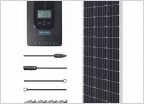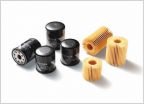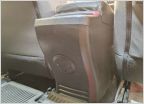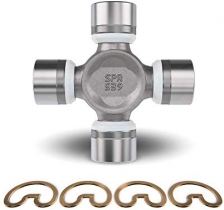-
Welcome to Tacoma World!
You are currently viewing as a guest! To get full-access, you need to register for a FREE account.
As a registered member, you’ll be able to:- Participate in all Tacoma discussion topics
- Communicate privately with other Tacoma owners from around the world
- Post your own photos in our Members Gallery
- Access all special features of the site
Dual Battery System Killed Main Battery
Discussion in 'Technical Chat' started by ImmortalTaco, Sep 10, 2015.
Page 2 of 2
Page 2 of 2


 Help choosing a solar panel
Help choosing a solar panel Oil Filter? 2.7
Oil Filter? 2.7 02 sensors - what to get
02 sensors - what to get Outlet Wiring
Outlet Wiring Sound effect switch in cab? Wiring?
Sound effect switch in cab? Wiring?









































































